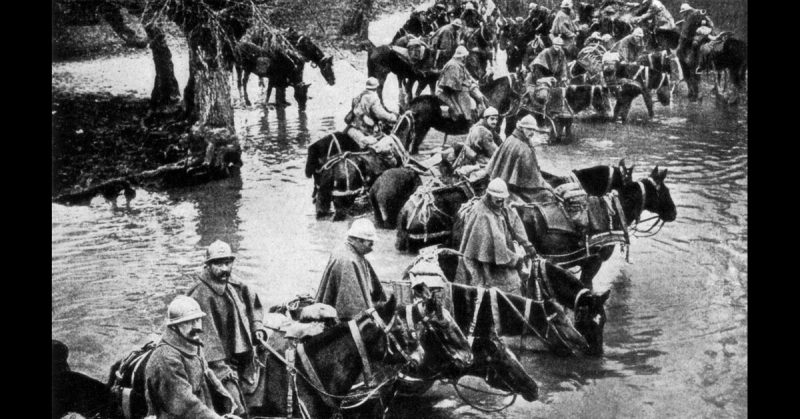One of the most important battlegrounds of WW1 was the battle in the trenches. It was gruesome, for many reasons. At times the soldiers would be hunkered in the trenches for several days, waiting for something to happen. Then a conflict would occur, creating death and destruction.
One thing that is overlooked and not thought about is what the weather was like in the trenches. Weather plays a huge role in our everyday lives, and in the trenches, troops had no way to evade it. Whether it was the summer heat, fall rains or winter’s cold bite, soldiers had to deal with what mother nature gave them.
What was the weather like in the trenches? How did it affect those fighting in them?
Background on Trenches
In WWI the trenches were home to some fierce battles. More than 6,000 miles of trenches were dug, with the average trench being 10 feet deep and six feet wide.
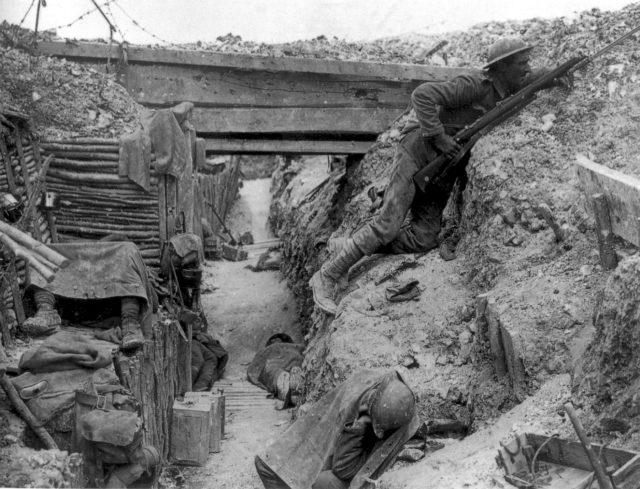
Trenches were usually dug out, with wood or metal holding up the sides. Sometimes more expensive material, like stone, was used. They were also lined with sandbags, as a form of reinforcement.
The trenches followed no particular pattern; they could be straight or have lots of curves and were perhaps fitted with a bunker. In general, German trenches were built much better than the Allied ones.
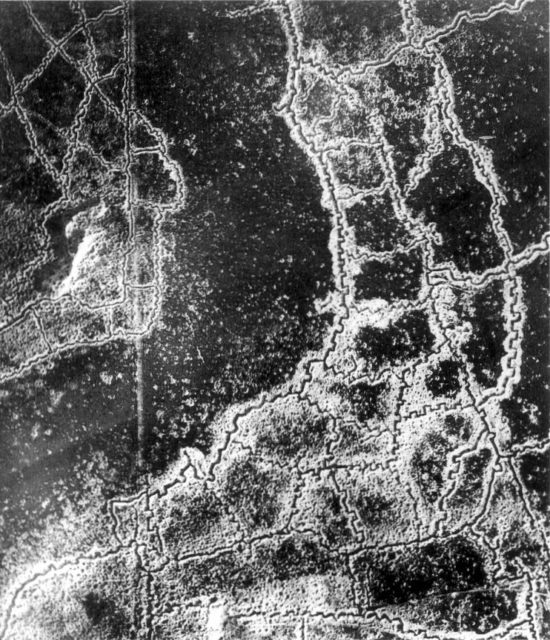
The trenches caused a stalemate for nearly four years during the war, as it was extremely difficult to advance. As well as everything else going on around the trench like shelling, mustard gas attacks, and snipers, troops also had to deal with the weather, which caused major issues for them.
Rain
Rain brought many problems for forces in the trenches, particularly in the fall and winter months. Water weakened the structural integrity of the wood by being soaked up and not having a chance to dry. It made the metal rust, eroding it. It also caused mud issues.
Trying to navigate through the muddy trenches, whether walking or trying to get out of them was horrendous. It was heightened by water drainage problems within the trenches. Water that collected in the trenches could get as high as waste-deep. The water formed pools that attracted bugs, disease, and rats. It also caused trench foot, one of the more well-known ailments of WWI.
Prolonged exposure to moisture and cold air lead to trench foot. Soldiers’ feet got soaked, and the longer their feet were exposed to those conditions, the more likely they were to get trench foot. At first, their feet turned red due to poor blood supply. Once they began to decay, they produced an odor. As the symptoms developed the feet became swollen with blisters and sores. If untreated it led to gangrene and amputation.
The impact of rain on the trenches was worse at the beginning of the war than it was at the end. As the war raged on, the design of the trenches changed leading to better drainage, but the weather continued to affect the trenches, especially during the winter months.
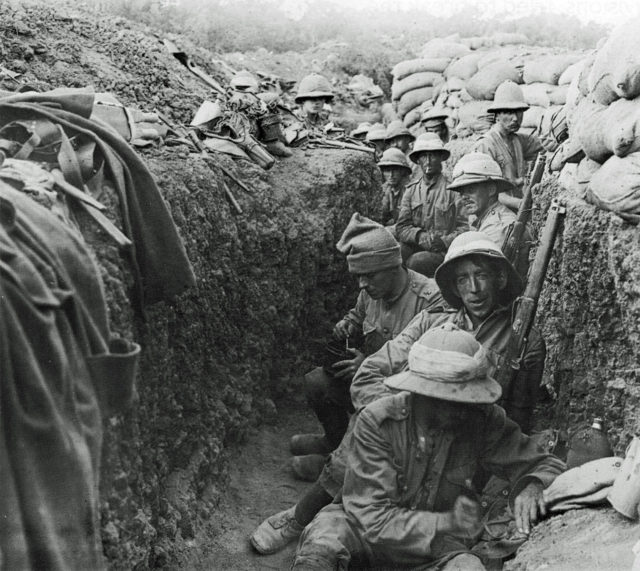
Winter in the Trench
Winter in the trench combined the worst of the fall with cold weather. There was still rain but also below freezing weather and snow.
Frostbite was rampant sometimes leading to amputation. Trenches did not provide any warmth. Everything froze; clothing, blankets, food, etc. It also caused the walls of the trench to freeze, making them hard as a rock.
Vehicles and machinery were effected as well, making them inoperable. Troops had to use heated water to try and fix the problem.
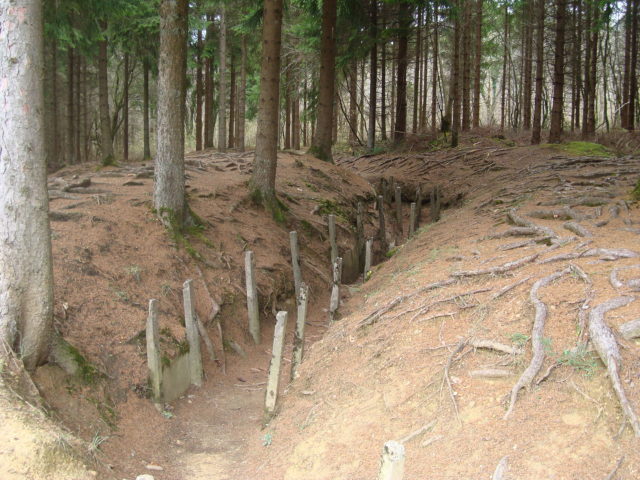
Summer Weather
The summer combined heat with rain. Troops still had to deal with muddy trenches, but they also had other issues. Excrement and dead bodies within the trenches produced an unbearable stink. Lice were also a problem which had a major impact on the soldiers.
It could get hot, but it was not as bad as the freezing winter.
